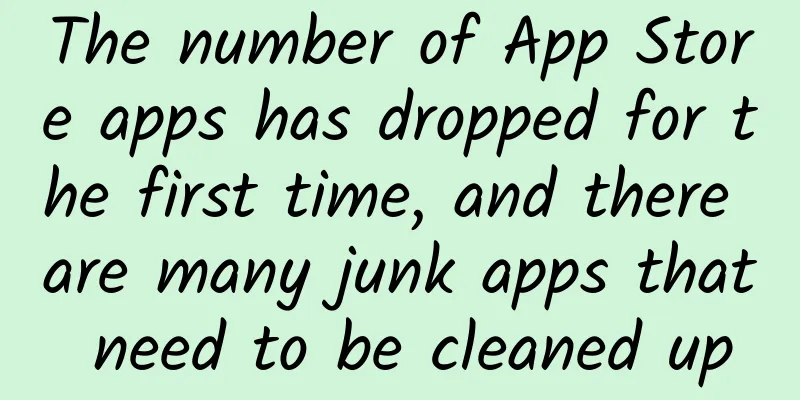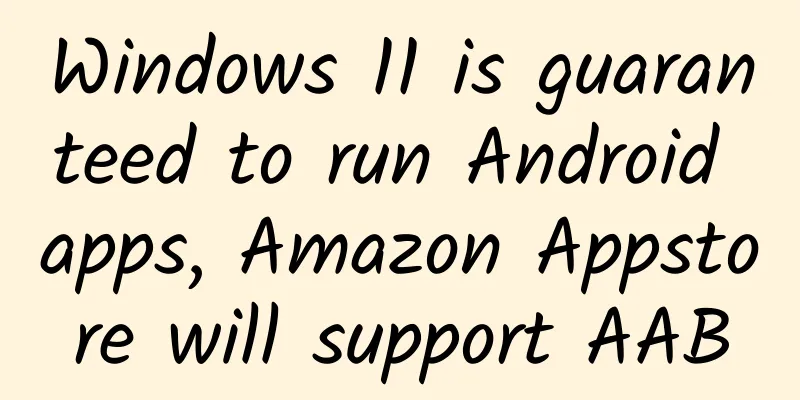Google says Android 14 will improve privacy and security

|
Google announced the first Android 14 developer preview this week and shared details on some of the security and privacy improvements that the platform update will bring. Android 14 is expected to arrive on devices sometime in the fall, bringing new features and APIs, as well as behavioral changes that may affect apps. The purpose of the developer preview is to help app developers understand these changes and test their apps for compatibility issues. One of the security enhancements that the platform update will bring is related to runtime receivers and builds on the changes introduced in Android 13, when Google instructed developers to specify whether broadcast receivers registered by their apps should be visible to other apps on the device. Prior to Android 13, any app could send unprotected broadcasts to dynamically registered receivers that were not protected by signature permissions. To help protect apps from security vulnerabilities, "apps and services that target Android 14 and register receivers using contexts need to specify a flag to indicate whether the receiver should be exported to all other apps on the device," Google said. Android 14 also attempts to protect apps from malware that could intercept intents by restricting apps from sending intents to unspecified packages internally. Additionally, apps can now send implicit intents only to exported components, and "must use explicit intents to pass to non-exported components, or mark the component as exported," the internet giant explained. To prevent malicious use of dynamic code loading (DCL), apps built for Android 14 must mark dynamically loaded files as read-only. According to Google, developers should avoid dynamically loading code because it puts apps at risk of code injection or code tampering. Because some malware versions use API level 22 (to avoid the runtime permissions model introduced in Android 6.0), Android 14 also blocks the installation of apps targeting API levels lower than 23. However, apps with a targetSdkVersion lower than 23 will remain installed. Android 14 also comes with Credential Manager, a new Jetpack API that supports multiple login methods, including federated login solutions and keys, as well as classic username and password pairs. Credential Manager, currently in alpha, allows users to create and save keys in Google Password Manager for passwordless authentication across devices in Android and Chrome. |
>>: The first developer preview of Android 14
Recommend
Community Operation丨The essence and gameplay of "private domain traffic" in 2019!
Last year, every time I attended a marketing indu...
These excellent apps will only appear on the Android platform
Many Android users must have had this experience:...
Why is “fashion” not a brand differentiation positioning?
Separating products from the multitude of brands ...
How to promote and operate Xiaohongshu? Xiaohongshu promotion tips!
Not long ago, the news about Xiaohongshu conducti...
Which one should I buy, quantum dot TV or OLED TV?
I want to buy a TV recently, but some people say t...
Commonly asked questions in WeChat mini program development, what issues should be paid attention to in mini program?
Before we knew it , WeChat Mini Programs have bee...
Metro Beauty's three new private domain strategies
Let’s first look at a set of Metropolis Beauty ’s...
The efficacy, effects and taboos of dog meat
Dog meat is also known as fragrant meat, local sh...
The kitchen appliance industry has entered a new channel of close competition
After Fotile launched its annual new kitchen appl...
Qu Shanshan’s personal profile: What role does the robots.txt text of a website play in optimization?
Many webmasters will implement robots protocol fo...
How much is the price of the automatic printing mini program agent in Xilin Gol League?
How much does it cost for Xilingol League to use ...
Teacher Yoyo's full English course
Introduction to Teacher Yoyo’s complete English c...
213,900-329,900! The first choice for elite families, Haobo HT high-gloss launch
As elite families continue to grow and develop, t...
Six Chinese automakers have entered the Fortune Global 500, but their combined net profits are not as high as this Japanese automaker
On July 19, 2018 Fortune magazine released the la...
How far can a taxi-hailing app that has forgotten its original purpose go?
Frankly speaking, I am a loyal user of taxi-haili...









